“I'm from a small town in the Andes Mountains of Peru. Our family grew our own food and raised animals for meat and wool. My grandma took the wool that we sheared from the sheep and llamas, boiled it, dyed it with plants and seeds, and then wove it into clothes and blankets. Her loom was made from two sticks stuck in the ground. I remember her making my pullu, a little wool blanket I wore around my shoulders. I’m so glad I grew up with her. She taught me so much. Grandma spoke only Quechua, which was the original language of the Incas. Most of the older people in the mountains speak it, but the children learn Spanish in school and speak that more.
“My brother was a year old and my mom was eight months pregnant with me when my father died, so we moved in with my grandparents. They lived in a stone house with a thatched roof made from ichu [a grass native to the upper Andes]. We didn’t have electricity until I was about 14; we made our own candles from sheep tallow. My mom tended the cows, goats, sheep, and llamas and took them to different pastures throughout the year, depending on the season. My brother and I went with her when we weren’t in school. We slept in little tents made from sticks and sheets of plastic, and ate barley, potatoes, quinoa, and of course meat from the animals. During the school year when Mom was away with the herds and we were with my grandparents, we sometimes walked four to twelve hours to see her on weekends. She worked very, very hard to have enough money to give us an education.
“I finished high school at 16 and moved to Lima to live with an aunt and uncle. My uncle does beautiful work, and he taught me how to make jewelry from silver and stones. When my husband and I moved to the United States, I didn’t have the tools or equipment to do that anymore, but I remembered seeing ornaments in Peru made from the peels of fruit. One day I was eating an orange and thought, Why don’t I try to do something with this? I dried the peel and it worked well, so I began using peels and seeds to create jewelry. Now I use orange, lime, and tangerine peels; cantaloupe seeds; tagua seeds which my uncle sends me from Peru; and vegetable ivory, which is a palm seed that grows in the Peruvian rainforests. Soon I'll be teaching art to children in a community after-school program, showing them how to make beautiful things from what they can find in nature.
“I like Memphis, people are very friendly and I feel like I’m finding my community, but I do miss my home in the mountains. Grandma is in her 90s now and is losing her sight, but she still knits blankets for the beds and makes little things to send to me. Mom still tends her animals. She’s the strongest, toughest, most hard-working woman I know. She taught me that it doesn’t matter how poor we are, we should work hard and be respectful, clean, and organized. She’s an example to me, and I’ll always look back and think about the obstacles she overcame. She taught me everything in life. I love her so much.”
“My brother was a year old and my mom was eight months pregnant with me when my father died, so we moved in with my grandparents. They lived in a stone house with a thatched roof made from ichu [a grass native to the upper Andes]. We didn’t have electricity until I was about 14; we made our own candles from sheep tallow. My mom tended the cows, goats, sheep, and llamas and took them to different pastures throughout the year, depending on the season. My brother and I went with her when we weren’t in school. We slept in little tents made from sticks and sheets of plastic, and ate barley, potatoes, quinoa, and of course meat from the animals. During the school year when Mom was away with the herds and we were with my grandparents, we sometimes walked four to twelve hours to see her on weekends. She worked very, very hard to have enough money to give us an education.
“I finished high school at 16 and moved to Lima to live with an aunt and uncle. My uncle does beautiful work, and he taught me how to make jewelry from silver and stones. When my husband and I moved to the United States, I didn’t have the tools or equipment to do that anymore, but I remembered seeing ornaments in Peru made from the peels of fruit. One day I was eating an orange and thought, Why don’t I try to do something with this? I dried the peel and it worked well, so I began using peels and seeds to create jewelry. Now I use orange, lime, and tangerine peels; cantaloupe seeds; tagua seeds which my uncle sends me from Peru; and vegetable ivory, which is a palm seed that grows in the Peruvian rainforests. Soon I'll be teaching art to children in a community after-school program, showing them how to make beautiful things from what they can find in nature.
“I like Memphis, people are very friendly and I feel like I’m finding my community, but I do miss my home in the mountains. Grandma is in her 90s now and is losing her sight, but she still knits blankets for the beds and makes little things to send to me. Mom still tends her animals. She’s the strongest, toughest, most hard-working woman I know. She taught me that it doesn’t matter how poor we are, we should work hard and be respectful, clean, and organized. She’s an example to me, and I’ll always look back and think about the obstacles she overcame. She taught me everything in life. I love her so much.”
Photos below courtesy of Luz
Grandma getting the wool ready for spinning
A typical tent used when taking the animals to pasture. Mom is in the blue sweater.
Mom singing and playing the tinya (small handmade drum).
She is wearing the poncho that Grandma made.
She is wearing the poncho that Grandma made.
Mom and Luz
Heading into town to buy food
Luz's home town
My business is called Sumaq Sairi. Sumaq means ‘beautiful.’ Sairi means ‘novel’ or ‘unique ‘and is a shortened form of the name of the last Inca chief who ruled the area where our family is from. It’s also a short form of my second last name, Sairitupac (my mom’s last name).
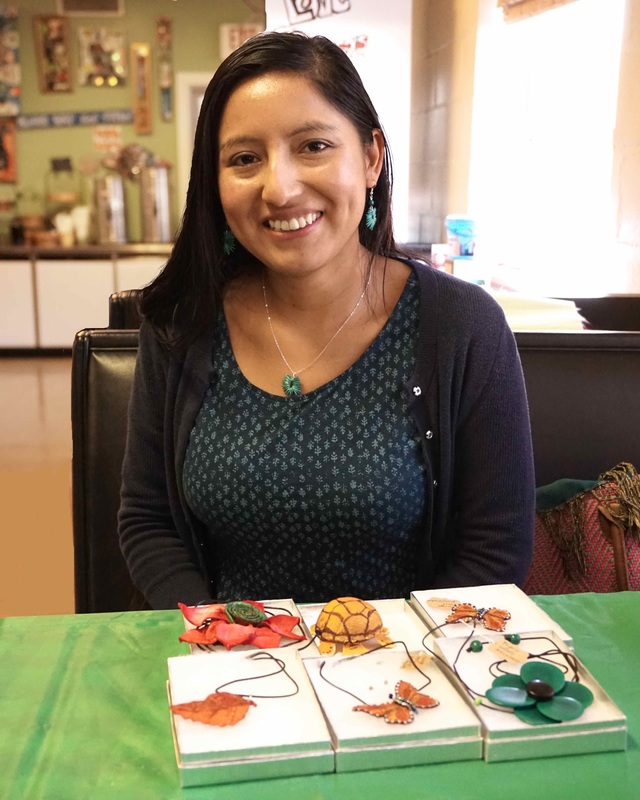
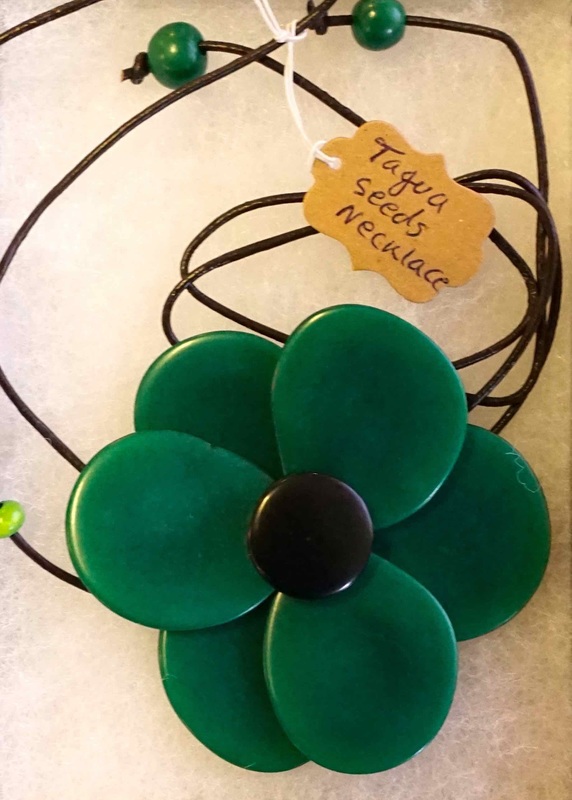
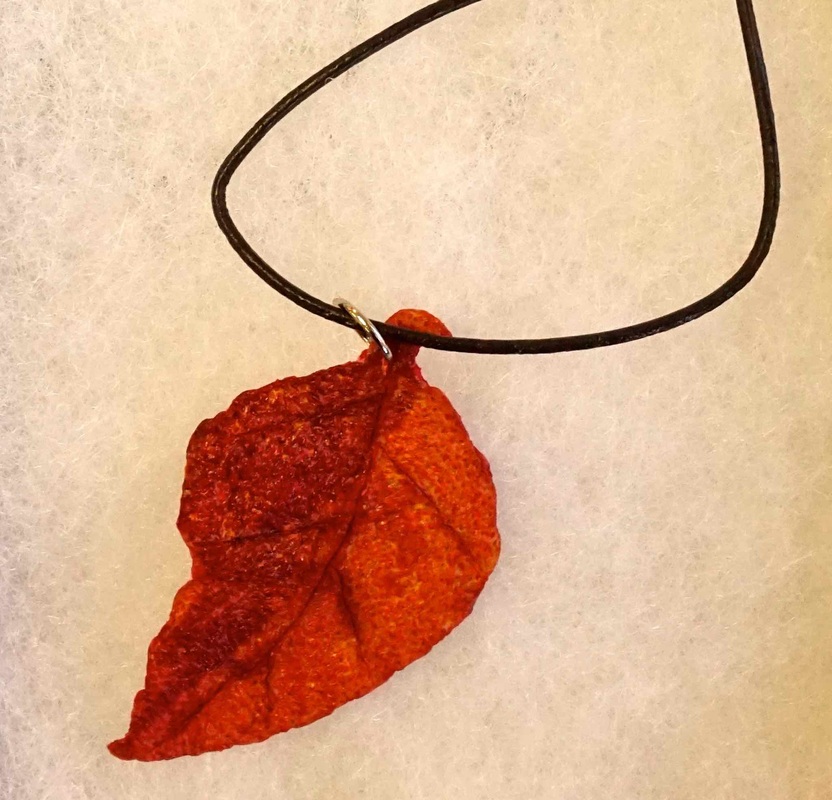
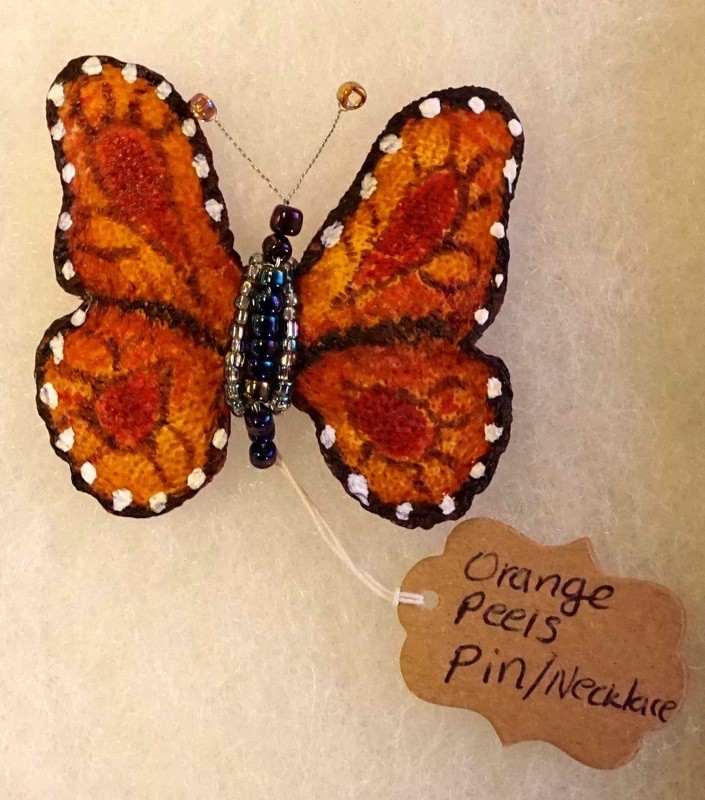
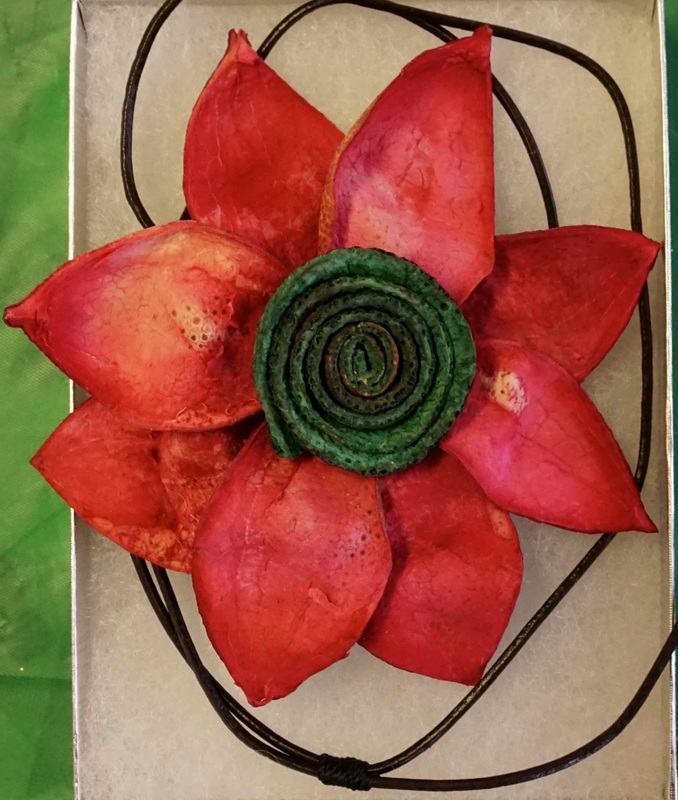
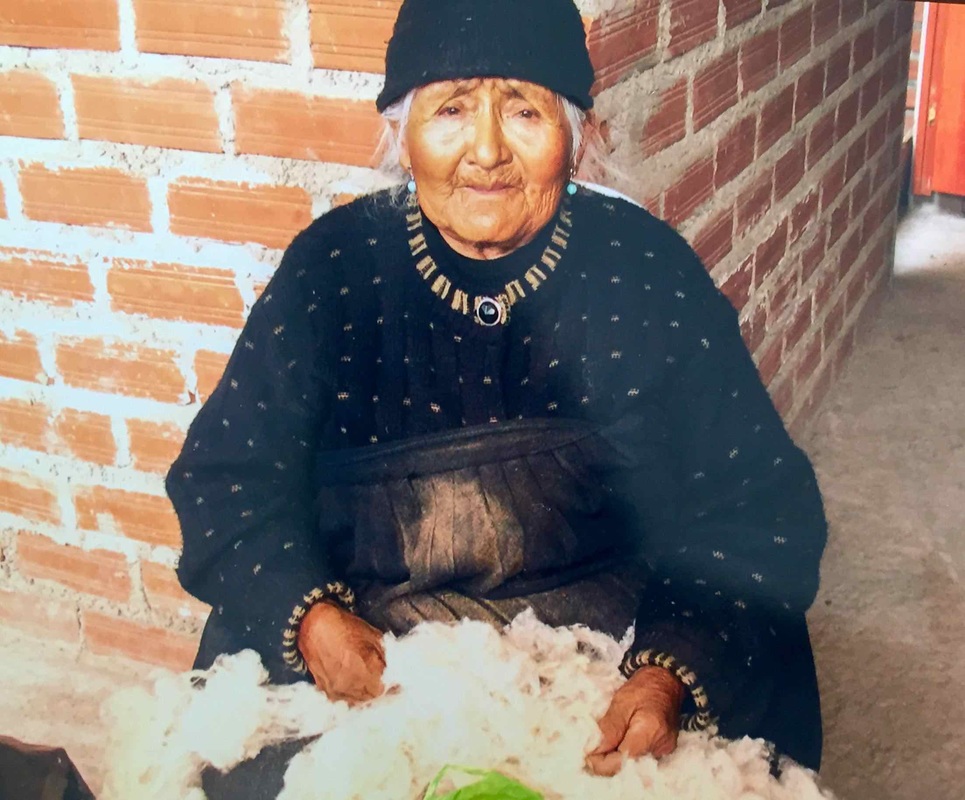
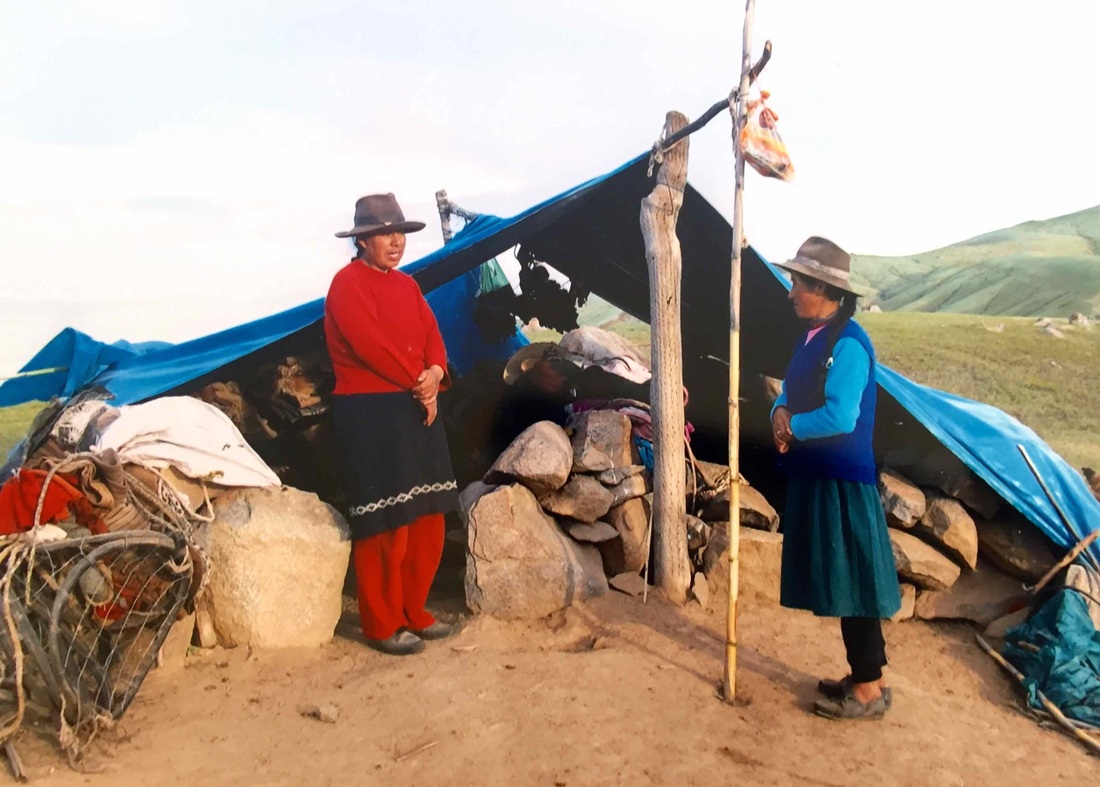
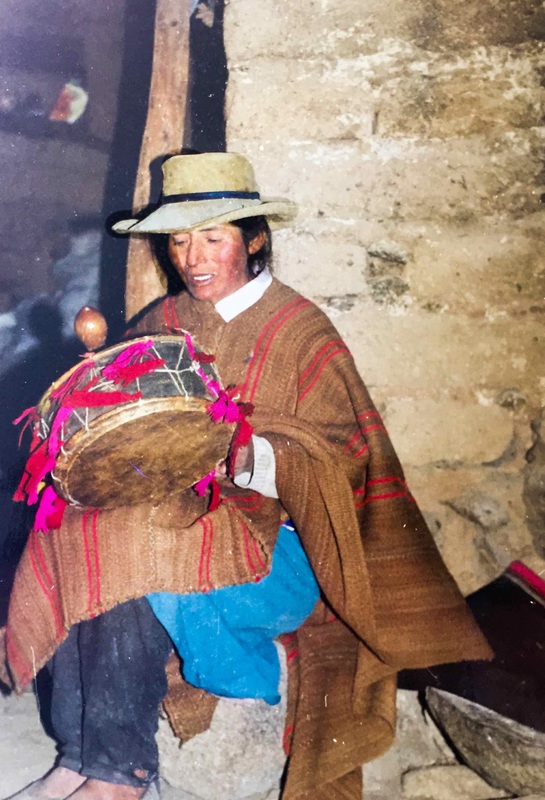
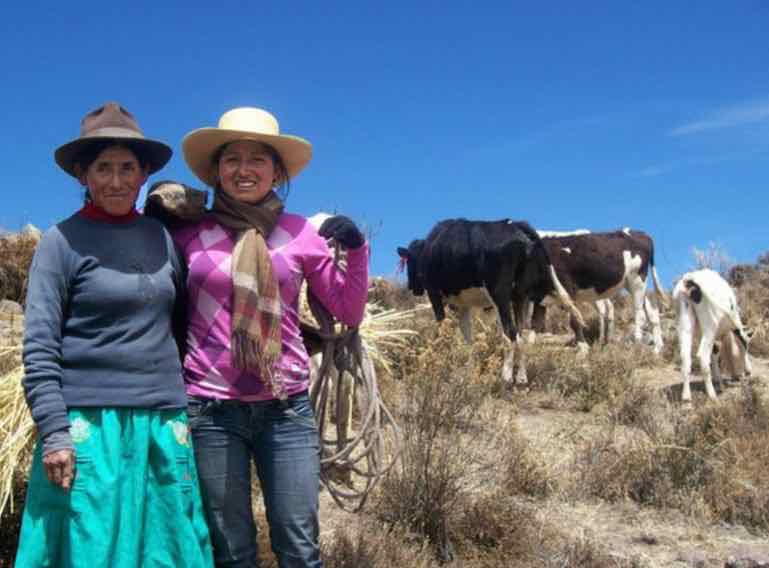
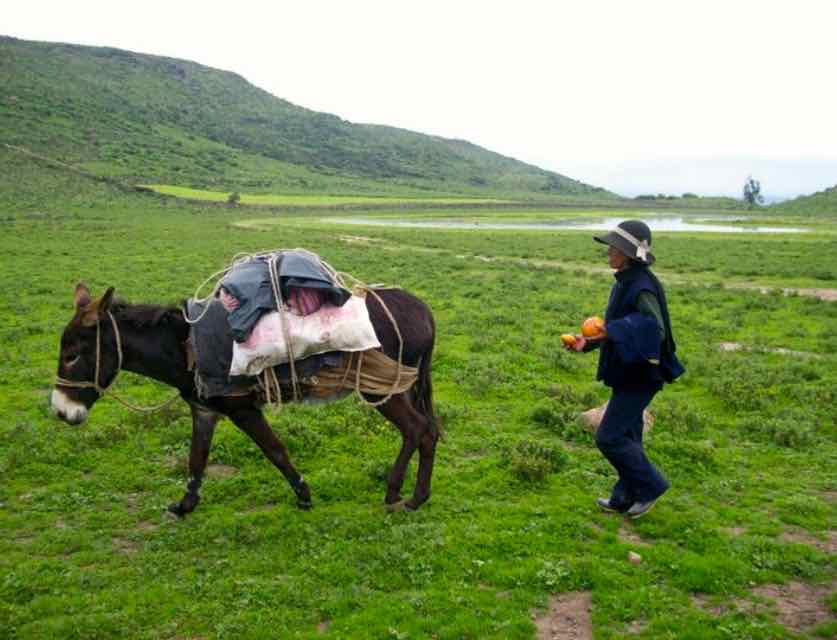
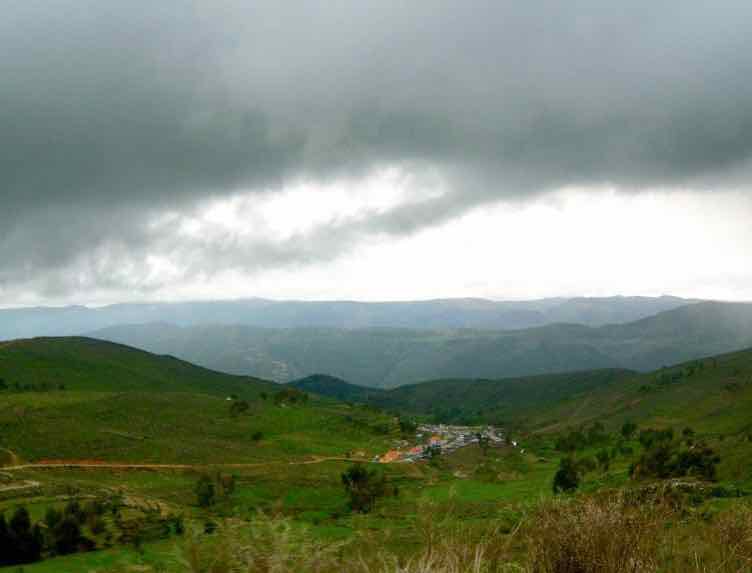
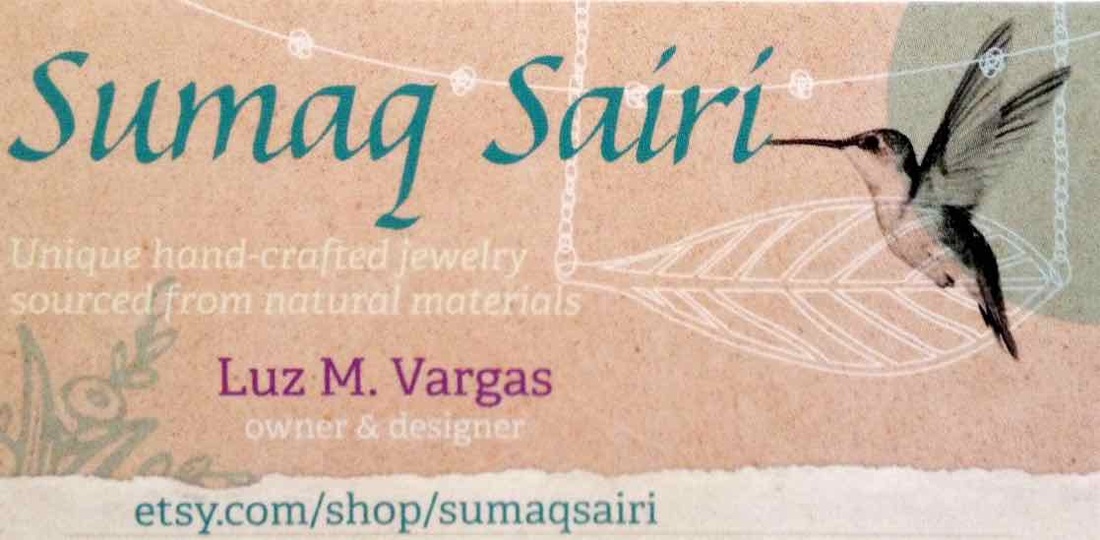
 RSS Feed
RSS Feed